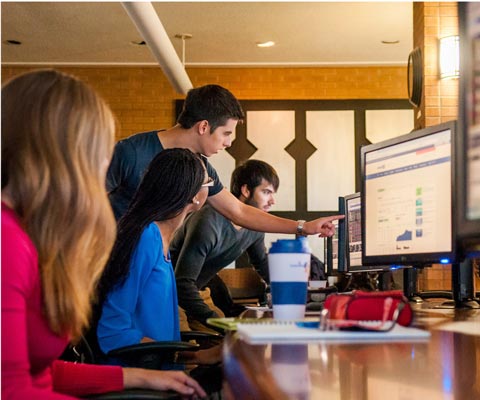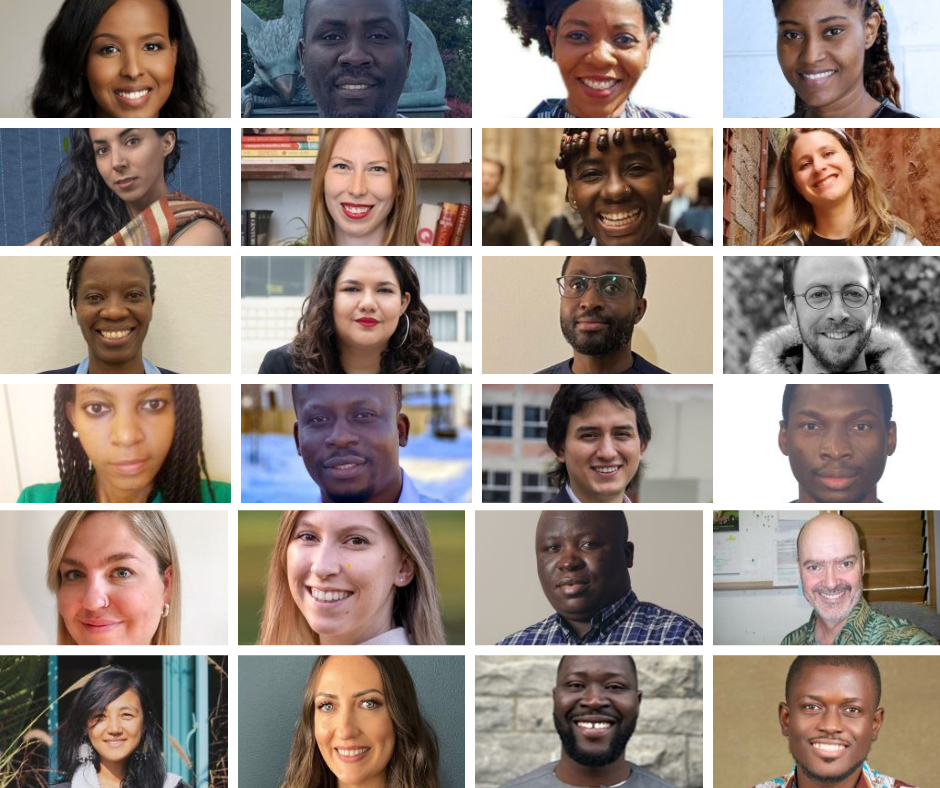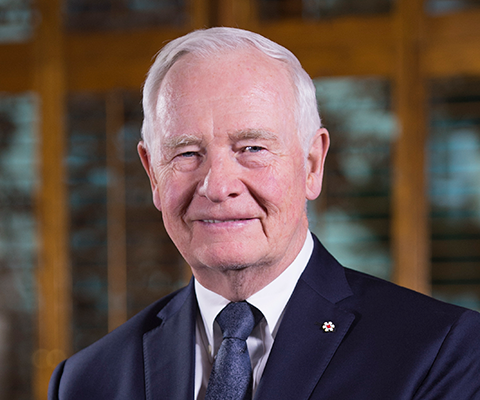In postsecondary education, we’re better together

Collaboration provides the advanced skills and knowledge Canada needs
This op-ed was published in the Lethbridge Herald on April 6, 2016.
By Mike Mahon, President of the University of Lethbridge and David Ross, President of SAIT Polytechnic
The postsecondary sector has a long history of stepping up to help resolve challenges. The current economic climate that Canada faces today is no exception.
Postsecondary institutions understand the road to a stronger and more diverse economy relies on an educated population and the capitalization of new ideas.
To that end, Alberta colleges, polytechnics and universities are working together in a coordinated way — research projects, joint academic programs, shared resources and campuses — to ensure graduates are ready to play an impactful role in a diversified economy and a constantly changing labour market.
By trading competition for collaboration, Alberta’s academic leaders are ensuring today’s students have access to an education that will allow them to make vital contributions to our society and our economy.
The key is taking education beyond the classroom and, in some cases, off -campus. Increasingly, students are benefiting from hands-on learning opportunities such as co-ops, internships, and studying abroad. These experiences teach students to be global citizens with the skills and flexibility to hit the ground running after graduation.
More than ever before, Canadian colleges and universities are collaborating to deliver these opportunities, and to ensure students are getting a relevant education. In fact, in 2014, the Organization for Economic Co-operation and Development (OECD) reported that one of Canada’s greatest strengths was our high degree of mobility between postsecondaries.
The same year, both Universities Canada, and Colleges and Institutes Canada signed an agreement to further enhance innovative programs and partnerships that elevate student success. Most recently, that initiative has led the creation of a new web resource showcasing the wide variety of university-college partnerships across Canada.
For example, just last summer Calgary welcomed an exciting model of how postsecondaries and business can work together to tackle the challenges facing industry and the community. The federal government committed almost $300,000 in funding for the Kinetica Innovation Centre, housed at SAIT in Calgary. By providing much-needed wet lab space for researchers and entrepreneurs the centre will harnesses the combined strength of SAIT, the University of Calgary, Innovate Calgary, and its energy technology accelerator, Kinetica Ventures, to fast-track technology development for the energy sector.
And across the river, the Campus Alberta South partnership between the University of Lethbridge, Bow Valley College, Olds College and Athabasca University provides campus space in downtown Calgary for all four institutions. This campus gives students access to a more complete learning experience through shared services and integrated pathways.
An important aspect of collaboration is increasing opportunities for Indigenous students and other under-represented groups. The University of Lethbridge has a longstanding partnership with nearby Red Crow Community College, located on the Kainai Nation reserve. Recently, they signed a memorandum of understanding to deepen the collaboration between the two institutions, which provides expanded opportunities for RCCC’s Blackfoot students and cross-cultural opportunities for all students.
Partnerships like these create more freedom for students to choose the institution and pathway that works best for them, and they also help students prepare for the realities of the workplace. For example, SAIT healthcare students and University of Calgary medical students learn alongside each other in simulated real-world medical scenarios, offering them a taste of what it’s like to work in an integrated healthcare team. Programs like these not only help students develop essential interdisciplinary teamwork skills, but they ultimately benefit all of us who use the healthcare system.
These partnerships make sense. Sharing resources and leveraging other institutions’ expertise is good for students and good for the bottom line. It helps provide the very best in education and support to students, communities and businesses.
Recent polling across the country shows Canadians support this collaborative spirit. An opinion poll conducted in 2015 by Abacus Data revealed that Canadians believe our governments should invest in all types of postsecondary education.
We’re confident that in the future, this kind of collaboration in postsecondary education will be the norm across the country, helping to shape a vibrant and diversified economy for the benefit of all Canadians.
About Universities Canada
Universities Canada is the voice of Canada’s universities at home and abroad, advancing higher education, research and innovation for the benefit of all Canadians.
Media contact:
Lisa Wallace
Assistant Director, Communications
Universities Canada
[email protected]
Tagged: Co-ops and internships, Indigenous education, Research and innovation




